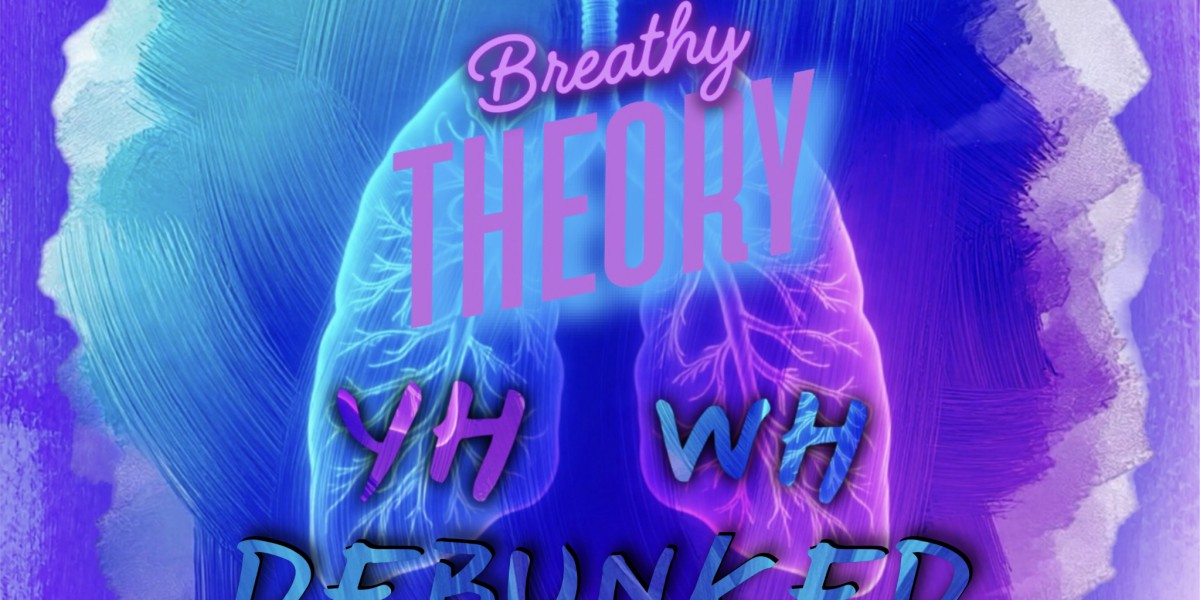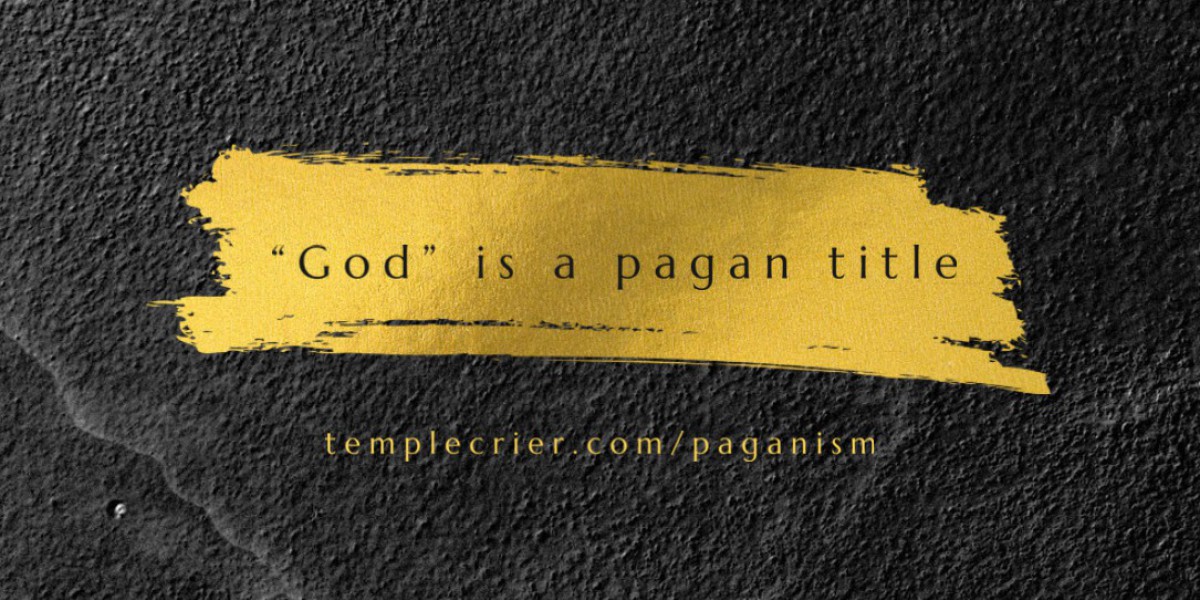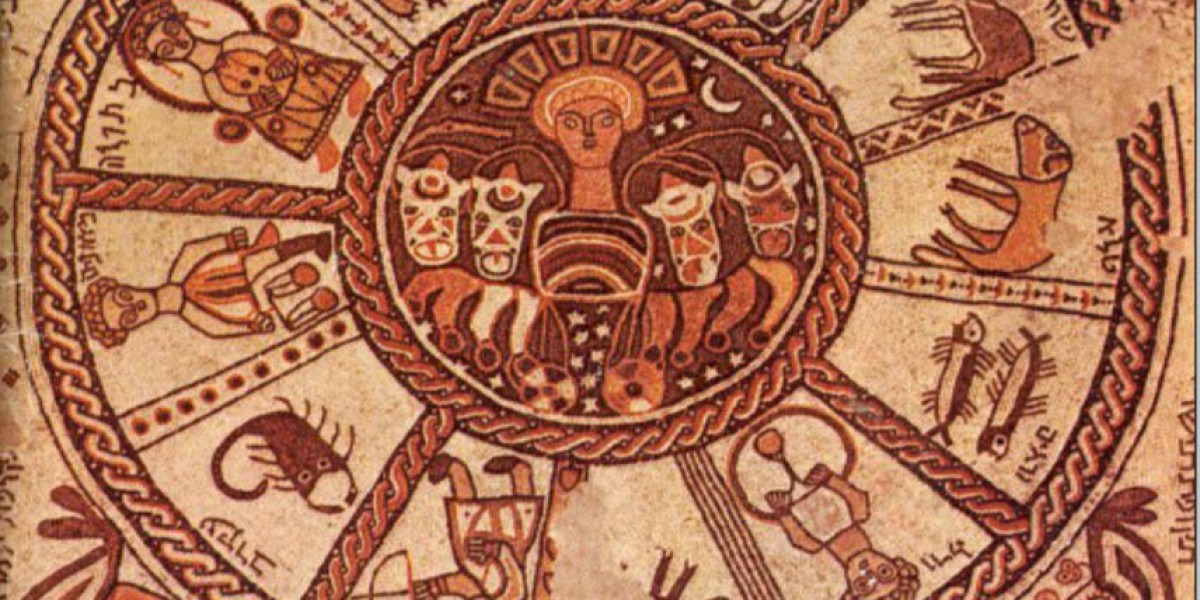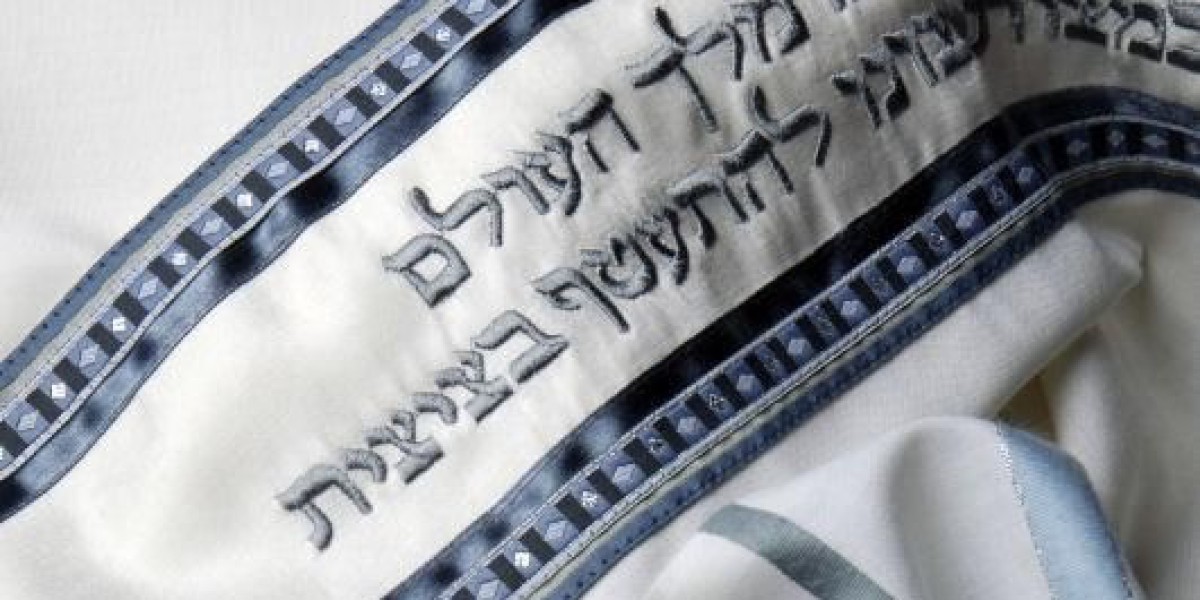The rumor that the Divine Name, YHWH (the Tetragrammaton), was originally pronounced as the sound of breathing in and out has circulated online, particularly in spiritualist, New Age, and increasingly in many Christian communities…and now is infesting the Messy-anic movement.
The Breatgy-Theory suggests that the Name of YHWH mimics the sound of human breathing, (or elsewise that our breathing was created to mimic the sound of the Divine Name) often described as inhaling "Yah" and exhaling "Weh" or similar, implying a mystical connection between the Divine Name and the act of breathing itself.
This idea is appealing to some because it poetically ties the Dinine to the essence of human life. However, the Breathy-Theory lacks historical, linguistic, and grammatical support in Hebrew scholarship and violates all possible understanding of the Tetragrammaton’s potential pronunciations and usages both presently and throughout history.
As mentioned, the rumor that the Divine Name originally sounded like breathing emerged in modern times, gradually within New Age, spiritualist, or esoteric circles with no definitive historical evidence pinpointing an exact origin and no efforts made by the proponents of this theory to prove any part of it, but the idea seems to have gained traction anyway in the late 20th to early 21st century, especially in online spiritual communities and fringe religious discussions.
The concept stems from a speculative interpretation of the Hebrew Name, YHWH, suggesting Its pronunciation (due to historical Jewish traditions of avoiding vocalization the exact pronunciation of the Divine Name is debated ) mimics the sound of breathing. This idea is so often spoken yet with no authority and always vaguely attributed to mystical or poetic reflections rather than ancient sources. No primary texts from Jewish, Christian, or other ancient traditions even slightly support this claim, and it’s glaringly absent from scholarly discussions of the Tetragrammaton.
The Breathy-Theory likely evolved from a blend of Kabbalistic mysticism, meditation practices emphasizing breathing, and modern reinterpretations of sacred things.
Without a specific historical record, the rumor’s origin is best approximated to the late 20th century, around the 1980s–1990s, when such syncretic spiritual ideas began proliferating in Western esoteric circles.
According to the rumor, scholars and rabbis agree that YHWH was first pronounced as breathing, but the claim that "rabbis and scholars agree" is an immensely inane notion, not to mention the logical fallacy of “Appeal to Authority”. No credible ancient Hebrew sources, such as the Talmud, Midrash, or any biblical manuscript texts, nor modern or ancient Hebrew scholars, actually support the idea that YHWH was once pronounced as a breathing sound let alone originally.
Inspite of the Biblical commandments to the contrary, the Tetragrammaton was considered so sacred that its pronunciation was eventually restricted in Jewish tradition, an evil begun following the Babylonian Exile (6th century BCE). By the Second Temple period, many were replacing the Divine Name of YHWH with Adonai ("Master") or HaShem ("The Name") in daily speech.
Contrary to the rumor that Hebrew never originally contained vowel sounds, any scholar, nay, any first year Hebrew student could denounce this.
Hebrew was originally an oral language for which pictographic characters were subsequently invented, representing whole concepts rather than simple letters. After many generations, pictographic representations were rendered into paleo-Hebrew letters and eventually into the Babylonian block script we know today and recognize as Hebrew.
The Masoretes (6th–10th centuries AD) added vowel points to the Hebrew language in writing but they did not invent the vowels . The vowel sounds were always present in the Hebrew language from its inception.
But when it came to the Divine Name the Masoretes most likely used the vowels for Adonai (or sometimes Elohim) with YHWH to signal that “Adonai” should be read instead. If so, this resulted in the hybrid form "YeHoWaH," later Latinized and Anglicized as "Jehovah," but if the tradition is true it was not meant to be pronounced as written. The scholarly consensus favors "YAHWEH" as the likely original pronunciation, based on a combination of theophoric names (e.g., Yirmeyahu, Eliyahu), early Greek transliterations (e.g., “Iaō”), and Samaritan traditions.
Hebrew grammar does not support the Breathy-Theory. The letters Yod (י), Heh (ה), Waw (ו), and Heh (ה) are consonants, with some (Yod, Waw, Heh) occasionally functioning as “matres lectionis” (vowel indicators). YHWH is a verbal form, likely derived from the root *h-y-h* ("to be"), meaning "He causes to be" or "He is." Pronouncing it as a breathing sound ignores the consonantal structure and verbal morphology of Hebrew.
Why then does the Rumor Persist?
The idea is emotionally compelling for many careless people, aligning with mystical interpretations of the Creator’s immanence in life. It resonates with modern spiritual movements that emphasize breath-work or meditation.
Misinterpretations of ancient sources, like Flavius Josephus’s statement that the high priest’s miter had a name consisting of "four vowels" (“Wars of the Jews” 5.235), are sometimes cited (but only when the theory is attacked).
However, Josephus likely either meant that Yod, Heh, and Waw could function “as” vowel indicators in Hebrew or whoever copied the work of Josephus
erroneously wrote “vowels” instead of “consonants” which is the more plausible problem since we have no copies of the works of Josephus predating the 9th to 11th centuries. And these are Latin and Greek. He wrote in the first century but no first century manuscripts of his work survive as far as we know at present.
The Breathy-Theory is amplified by social media, blogs, and sermons that prioritize inspirational narratives over rigorous (or even halfhearted) scholarship. For example, posts on platforms like Reddit or spiritual websites cite unnamed "Jewish sages" without verifiable sources.
And unfortunately even otherwise respectable Messianic Ministries such as Yahweh’s Restoration Ministry (yrm.org) have fallen for this folly, even going so far as to publish a poorly researched article a couple years ago explicitly promoting the bastardized Breathy-Theory, claiming the same unchecked nonsense as everyone else - "Jewish sages associated the name with breath" and suggesting YHWH can be pronounced without vowels as a breath sound. As all others before them and since, their article cites no primary sources for this claim, relying instead on the universal generic appeal of the idea.
Similarly, a blog post by Dr. Stan Shelton in 2022 critiques the rumor but notes its prevalence on social media and in sermons, suggesting it gained traction through viral content lacking bibliographic support.
Some proponents vaguely reference "Jewish sages" or Kabbalistic traditions, but this is a misrepresentation. While Kabbalah explores the mystical significance of Hebrew letters, it does not equate YHWH with breathing sounds.
The Zohar and other Kabbalistic texts treat the Tetragrammaton as a profound symbol of Divine Unity and Existence, not a phonetic imitation of breathing.
The association with breath may stem from a conflation with *Ruach* (Hebrew for "breath," "wind," or "spirit"), as in *Ruach HaKodesh* ("Holy Spirit"). For example, Yahweh’s Restoration Ministry links YHWH to “Ruach” in Genesis 2:7, but this is a theological leap, not a linguistic argument. It also likely originates from a misappropriation of the kabbalistic interpretation of the meaning of “Hey” when uttered in isolation.
However it was invented, the rumor spread through platforms like YouTube, Facebook, Reddit, and Ticktock where inspirational videos or posts about "hidden meanings" of biblical names go viral. A 2022 comment on Yahweh’s Restoration Ministry’s site credits Michael Berg’s “Spiritually Hungry” podcast for popularizing the idea, though no specific episode is cited.
Christian preachers and worse yet - spiritual influencers, have adopted the ultracrepidarian Breathy-Theory for its sermonic appeal and emotional pull, further amplifying it without fact-checking it first. (Shelton’s blog notes that the lack of cited sources is a hallmark of these claims.) And the rumor does not appear in any scholarly works predating the internet era, suggesting it is a product of digital-age spirituality rather than ancient tradition.
The Breathy-Theory is a classic example of an internet rumor run amok, that prioritizes emotional resonance over actual evidence.
It ignores Hebrew Phonology: the letters of YHWH require consonantal articulation, not just aspiration. And even if one tried to pervertedly pronounce It without vowels, It would not mimic breathing.
It ignores Historical Context: The sacredness of YHWH led to its non-pronunciation by most native speakers, not a universal breath sound accessible to all, regardless of faith (as some claim).
It ignores Source Credibility: Claims of "rabbinic agreement" are unsupported by primary texts or peer-reviewed scholarship.
The rumor’s appeal lies in its simplicity and universality, but it distorts the complex history of the Tetragrammaton’s pronunciation, which scholars have reconstructed through painstaking analysis of theophoric names, inscriptions, and ancient translations.
The rumor that YHWH was once pronounced as a breathing sound originates in the 20th century (and no earlier) within New Age and spiritualist communities (“pagan” in other-words), amplified by social media, blogs, silly sermons and sciolist ministries who should know better (such as Yahweh’s Restoration Ministry). And vague references to "Jewish sages" or figures like Michael Berg are it’s only attempt at acredidation.
This internet-driven phenomenon, lacks historical, linguistic, or scholarly support, violating Hebrew grammar and the documented history of the pronunciation of YHWH (likely "YAHWEH"…though we don’t argue the point with those who pronounce It differently…unless they push this lie of It soundly like so much hot air.)
The idea persists due to its poetic appeal and a gullible populous but should be approached with extreme skepticism, as it exemplifies how inspirational narratives can outpace rigorous or even rudimentary research in digital spaces.
Second Guess First Assumptions
Question Everything
Get Biblical






